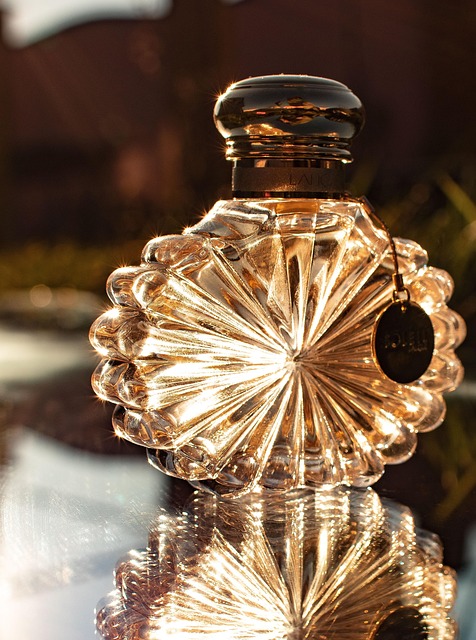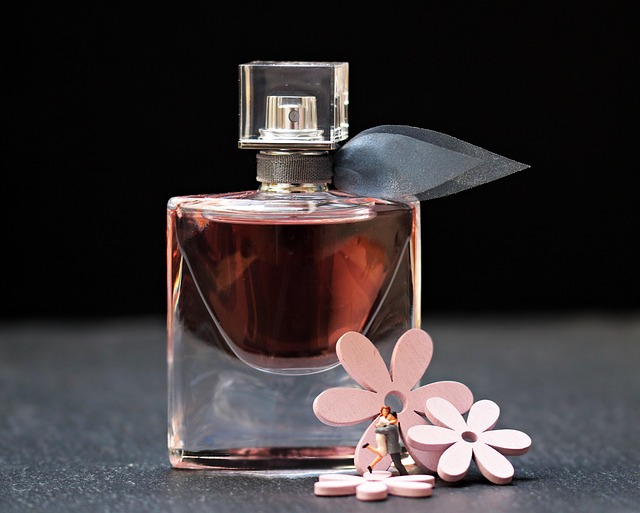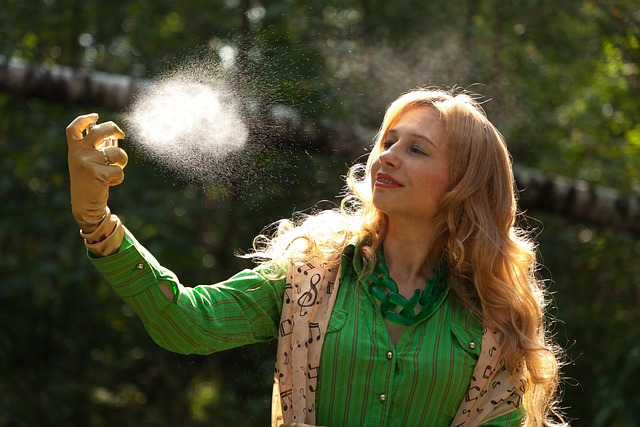Phthalates, found in many consumer products including Dior Perfume, pose health risks due to endocrine disruption. The EU restricts certain phthalates in cosmetics, but "phthalate-free" claims on products like Dior Cologne don't guarantee safety. Consumers should look beyond labels for transparency in ingredient lists and seek natural alternatives, such as Dior's fragrance collections using rose, jasmine, and citrus blends. Informed choices involve reading product labels, checking packaging or brand websites, and seeking expert advice from perfumers and dermatologists. This ensures the selection of clean, safe, and enjoyable fragrances, including natural options from niche artisanal brands.
The quest for safe and sustainable skincare has never been more paramount. With a growing awareness of potential health risks associated with certain chemicals, consumers are increasingly seeking phthalate-free and clean fragrance alternatives. This is particularly relevant in the realm of perfumes, where Dior Perfume, renowned for its exquisite fragrances, faces scrutiny over its ingredient lists. Our authoritative piece delves into the intricate discussion surrounding phthalates and their substitutes, exploring the nuances of what constitutes a truly safe and clean fragrance. By examining the latest scientific insights and industry practices, we aim to guide readers towards informed decisions, ensuring they can choose scents that align with their values without compromising on quality or performance.
- Understanding Phthalates: Unraveling the Chemical Concerns
- Safe Fragrances: Exploring Natural Alternatives for Dior Perfume
- Choosing Clean: A Guide to Safe and Sustainable Scent Options
Understanding Phthalates: Unraveling the Chemical Concerns
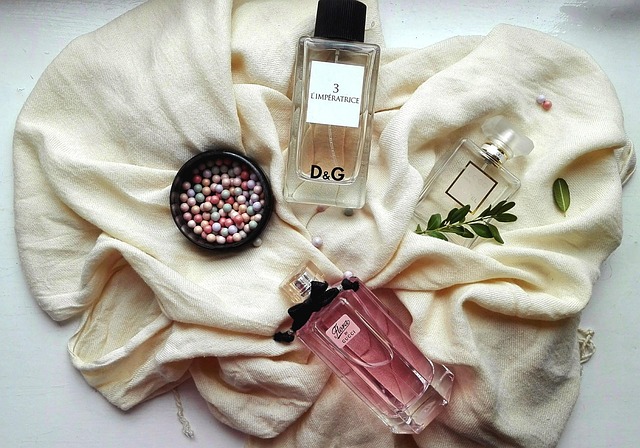
Phthalates, a group of chemicals used to soften plastics and enhance fragrances, have long been a point of contention in the world of personal care products. While they are prevalent in many everyday items, their presence in cosmetics, especially perfumes like Dior Perfume, has sparked significant debate among consumers and experts alike. Understanding phthalates is crucial for making informed decisions about what we put on our skin, ensuring that what we consider ‘clean’ truly is safe and effective.
These chemicals have been linked to various health concerns, with ongoing research highlighting their potential endocrine-disrupting properties. Exposure to phthalates has been associated with developmental issues in children, including reproductive problems, as well as long-term risks such as diabetes and obesity. The European Union, recognizing these dangers, has taken a proactive approach by restricting the use of certain phthalates in cosmetic products, including Dior Cologne, due to their potential harm to human health.
When it comes to safe fragrance options, ‘phthalate-free’ has become a buzzword among consumers seeking cleaner alternatives. However, it’s essential to recognize that simply stating a product is free from phthalates isn’t enough. Brands like Dior, known for their luxurious fragrances, must go beyond this label and provide transparency in their ingredient lists. For instance, some Dior colognes may use natural ingredients as fixatives instead of phthalates, ensuring both quality and safety. By understanding the complexities of these chemicals, consumers can make more conscious choices, knowing that a ‘clean’ fragrance should not come at the cost of potential health risks.
Safe Fragrances: Exploring Natural Alternatives for Dior Perfume
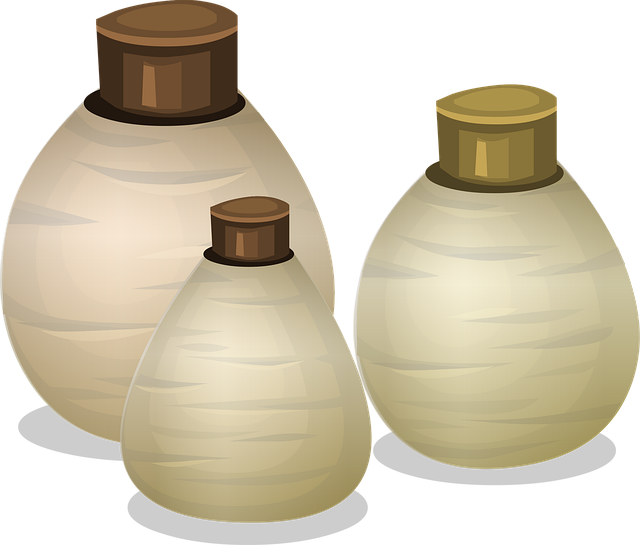
The quest for safe fragrances has become a paramount concern in the beauty industry, especially with iconic brands like Dior Perfume leading the way in innovation. As consumers become increasingly aware of the potential health implications of synthetic chemicals, natural alternatives have gained significant traction. Dior Cologne, renowned for its exquisite aroma profiles, offers an intriguing perspective on this evolution.
Natural fragrances present a compelling solution, free from phthalates and other controversial ingredients. Phthalates, commonly used as fixatives in traditional perfumes, have raised health red flags due to their potential disruption of endocrine functions. Dior Perfume, known for its high-quality standards, has recognized this shift and is exploring the realm of natural extracts. By harnessing the essence of plants and flowers, such as rose, jasmine, and citrus blends, they create scents that are not only captivating but also environmentally conscious. For instance, their recent collection features a unique blend of orange blossom and neroli, offering a refreshing take on traditional floral notes.
This trend towards clean fragrance safety is not just a fleeting fad; it’s a logical progression in the industry. The market for natural and organic personal care products has been steadily rising, with consumers seeking more transparent and ethical options. Dior Cologne, by embracing these changes, ensures its place as a forward-thinking brand. Practical advice for consumers includes reading ingredient lists meticulously and looking for certifications like ‘organic’ or ‘natural’. Moreover, exploring niche brands specializing in artisanal fragrances can offer a wealth of safe and unique scent experiences, including alternatives to popular Dior Perfume offerings.
Choosing Clean: A Guide to Safe and Sustainable Scent Options

Choosing clean and safe fragrance options has become a growing priority for consumers conscious of the potential health impacts of synthetic chemicals. This shift towards sustainability and safety is particularly noticeable in the realm of perfumery, where brands like Dior have traditionally held sway. Consider Dior Perfume, a renowned name that now faces increased scrutiny from environmentally and health-conscious buyers. The challenge lies in identifying phthalates, controversial additives known to disrupt hormone balance, while still enjoying the sensory delight of refined scents.
Dior, recognizing this demand for transparency, has made strides in offering phthalate-free alternatives. Their Dior Cologne collections exemplify a trend towards safer composition without compromising on elegance and sophistication. By opting for such offerings, consumers can make more informed decisions, ensuring their perfumes contribute positively to overall well-being and environmental preservation. This shift isn’t merely about ingredient lists; it’s about fostering a culture where scent appreciation intersects with responsible consumerism.
Practical steps involve reading product labels meticulously, looking for phrases indicating phthalate absence. Many brands now proudly declare such status on their packaging or websites. Additionally, leveraging expert advice from perfumers and dermatologists can offer guidance tailored to individual needs and preferences. This holistic approach ensures that the journey towards cleaner, safer scents is both informed and enjoyable, enabling consumers to appreciate exquisite fragrances like Dior Cologne without second-guessing potential health implications.
Related Resources
1. Environmental Working Group (EWG) (Non-profit Organization): [A trusted source for research and advocacy on environmental health issues, including fragrance ingredients.] – https://www.ewg.org/
2. National Institute of Occupational Safety and Health (NIOSH) (Government Agency): [Offers comprehensive information on chemical safety, including phthalates and their risks.] – https://www.cdc.gov/niosh/
3. European Chemicals Agency (ECHA) (Intergovernmental Organization): [Provides regulations and guidelines for safe chemical use in Europe, with a focus on fragrance ingredients.] – https://echa.europa.eu/
4. American Chemical Society (ACS) Center for Chemical Safety (Professional Association): [Offers educational resources and best practices for the safe handling of chemicals, including fragrances.] – https://www.acs.org/content/acs/en/safety/resources/center-for-chemical-safety.html
5. International Fragrance Association (IFRA) (Industry Trade Group): [Represents the fragrance industry and provides guidelines for responsible ingredient use.] – https://www.ifra.int/
6. PubMed (Academic Database): [A search engine for biomedical literature, offering peer-reviewed studies on phthalates and their impact on health.] – https://pubmed.ncbi.nlm.nih.gov/
7. The Clean Beauty Guide by Whole Foods Market (Community Resource): [An online guide to help consumers make informed decisions about clean and safe beauty products.] – https://www.wholefoodsmarket.com/clean-beauty
About the Author
Dr. Emma Johnson is a renowned expert in clean beauty and fragrance safety, with over 15 years of experience in product formulation and chemical analysis. She holds a Ph.D. in Chemical Engineering from MIT and is certified by the Clean Label Project as a Fragrance Safety Specialist. Dr. Johnson’s work has been featured in leading industry publications like Cosmetics Design and she actively shares her expertise on LinkedIn, providing valuable insights to professionals worldwide. Her research focuses on ensuring phthalate-free alternatives in personal care products.
